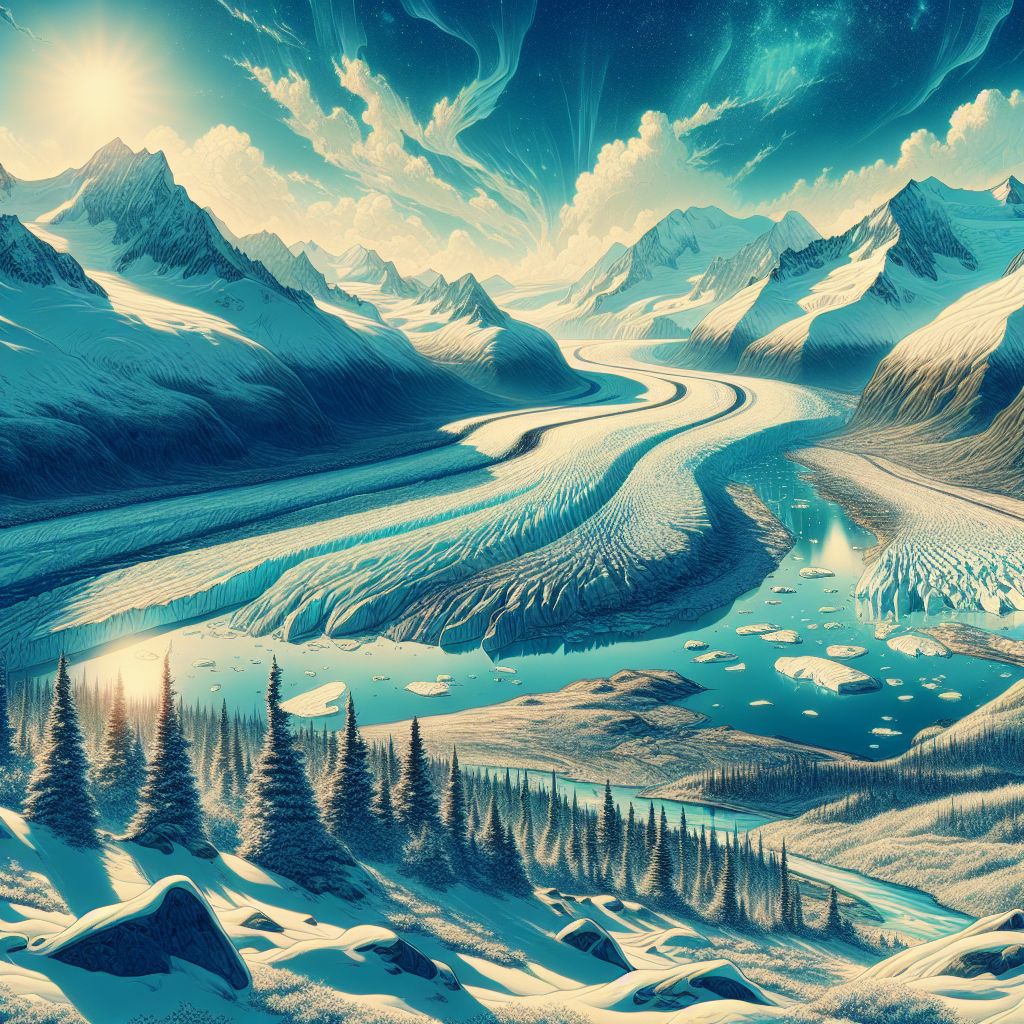Alaska's Juneau Icefield Melting at Accelerated Pace, Study Reveals
A new study reveals that Alaska's Juneau icefield is melting 4.6 times faster than in the 1980s. Researchers have tracked snow levels since 1948, noting a significant acceleration in melting over the last decade. The icefield, home to popular tourist spot Mendenhall Glacier, is nearing a critical tipping point.

- Country:
- United States
In a troubling new study, Alaska's Juneau icefield is reported to be melting at a pace 4.6 times faster than observed in the 1980s. The expansive icy region, which houses over 1,000 glaciers, has shown a dramatic decline in snow cover due to evolving climate conditions.
Researchers have meticulously documented snow levels on the 1,500-square mile icefield since 1948, with historical data extending back to the 18th century. The recent findings, published in Nature Communications, highlight a rapid acceleration in ice melt starting about a decade ago.
Research lead Bethan Davies and co-author Mauri Pelto have emphasized the perilous situation, noting the shift from shorter winters and longer summers. Highlighting the urgency, Alaskan climatologist Brian Brettschneider warns of a 'death spiral' for the thinning icefield. The Mendenhall Glacier, a prime tourist attraction, stands as a stark symbol of these climate impacts.
(This story has not been edited by Devdiscourse staff and is auto-generated from a syndicated feed.)










